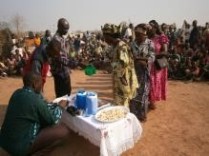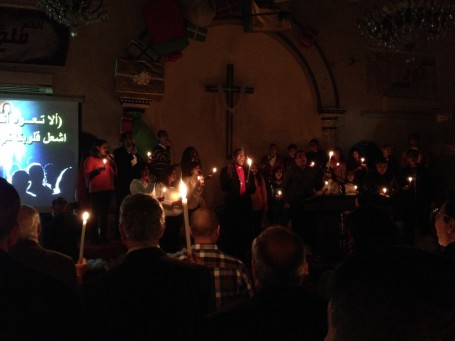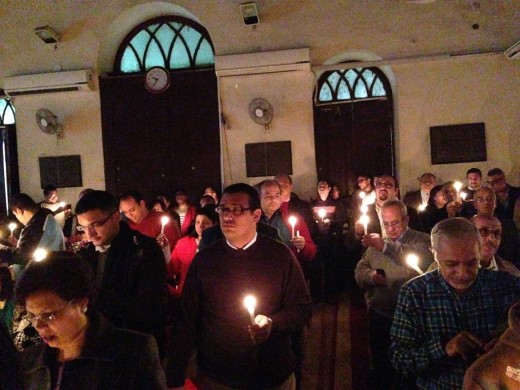In the picture, the women huddle together closely to fit into the frame, their dusty village in the background slightly obscured. It caused quite a discussion. We wondered how we could show our supporters that they were real, but at the same time protect their privacy. In the end we decide against publishing their picture. The risks outweighed the benefits.
The women range in age from their early twenties to their late forties. Apart from being Christians, they all have one thing in common. In the lawlessness that has become Central African Republic (CAR), they have all been raped. Three of them have been tested positive to HIV. Two have contracted Syphilis. One is pregnant.
The trauma they have had to live through is unimaginable. But apart from having to come to terms with the effects of this trauma, they also have to deal with merciless ostracism. These women have been rejected by their families, ignored by their congregations and marginalised by their society. Compliments of marauding Seleka members, these women now live together in a suburb of the capital, Bangui. It is here, by Divine appointment, that an Open Doors worker stumbled upon them.
“No one cares for these women. But our God who sees in secret, has brought it all to light for them and for me. In my research to determine the most urgent needs for OD to address, I came across one of the raped women. When she heard that we would help her get medical treatment, she burst into tears, and then told me about the other women she was living with… That which is impossible with man is possible with God. He has been working a great miracle for me to come into contact with these women.”
The worker brought the women to a doctor for treatment. “I now pray that God sends us a faithful Christian woman to whom we can entrust this work of spiritual and emotional care,” he wrote.
Not long after that, God answered our prayer by providing such a woman in Komoyo Lina[1] who has since started counselling as many victims as possible in the lingering insecurity.
To Komoyo, it seems there is not a single woman in CAR who has not been affected by trauma. “Those who have not been raped have witnessed how their daughters have been raped in front of their families or how their husbands have been murdered or how their property has been destroyed.”
Komoyo struggles to find words to explain the brutality that women, even pregnant women, have faced. She tells us details we find too gruesome and upsetting to mention here.
Equally upsetting is the community’s response. Komoyo explains that countless rape victims face the same fate the women we met in Bangui do. She explains that it is uncommon for a husband of a raped woman to continue living with her. This shameful reality does not only have emotional impact, but also grave economic effects.
“It’s a disaster. Women are raped and then rejected by their husbands, their parents and their culture. They are stigmatized and targeted everywhere. Sometimes they run away to an area where no one knows them. But there they often have no roof over their heads, no food, no clothes. It’s a tragedy.”
Komoyo is trying her utmost to help these women work through their trauma, but it is not easy. “When we see these women, we often don’t have words. I don’t know what to tell them. I told the Lord I cannot cry anymore. It is really difficult…We continue to pray that He brings peace to these women, that He comforts them.”
She concludes, “Prayer, faith, trust and hope in God keeps me going. God has never forsaken His children. That knowledge keeps me going. “
OD is in the process of expanding the counselling effort in CAR. However, for the work to progress, much more security is needed. OD, in partnership with the local Church, continues to call on the UN Security Council to approve the deployment of a Peacekeeping Operation so that peace can be restored and the many needy people can be helped in various ways, including relief aid and trauma counselling.
Prayer
- Please pray for the Lord to be at work in the lives of women in CAR. Pray that many would receive His comfort and that He would draw them very close to Himself.
- Please pray for God’s strength for Komoyo. Pray that as she ministers and comforts, she will experience God’s comfort.
- Thank the Lord for bringing us in contact with the victims. Please pray for God’s blessing upon our ministry to them. Pray also that there will be stability soon so that we are able to reach more women.
[1] A pseudonym was used to protect the identity of this believer






